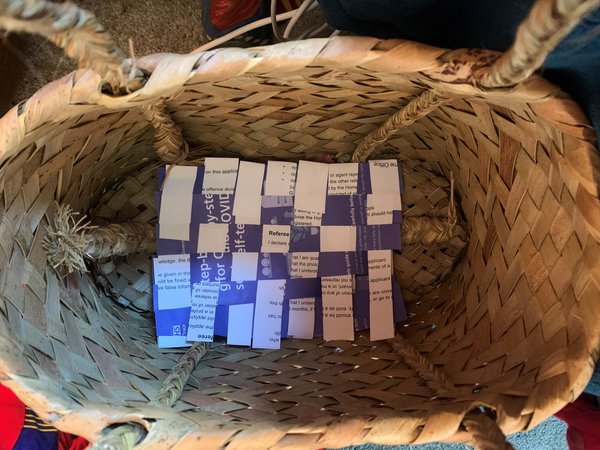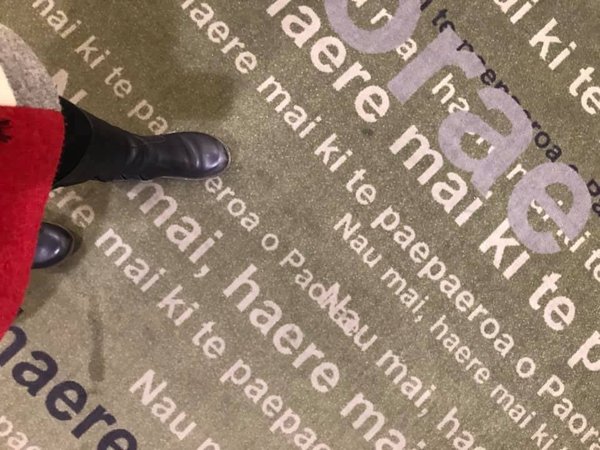Research on migration in the Global South is invariably conducted in, and/or disseminated in English, occasionally with French, Spanish or Portuguese. This means research conceptualisation and reach occurs mostly monolingually and in a language which is rarely the language in which the challenges are experienced in the countries of the Global South. This has profound cognitive, experiential, sensory and intellectual ramifications for how research is conducted multilingually. Where research taking place in these countries responds to local language needs it does so through limited uses of translators at the point where data is gathered, but not in multilingual co-design; in burden of translation; or in participatory approaches to linguistically equitable partnerships. It is rare for English-speaking researchers to experience what it is like not to understand research, data and dissemination. In addition it is only since the advent of the nascent field examination multilingual researching as a methodology and ethic of care and equity that the dimensions of sensory, cognitive, intellectual and ethical burden and rigour have begun to be a subject for study or reflection.
This linguistic inequality is exacerbated for migrants. For those who are internally displaced or forced to migrate the element of linguistic choice is also missing so ability to access and engage in new language learning is fraught and cognitively difficult. Research has shown that choice is a critical component in second language learning and where this is absence but coerced by the state or circumstance then language acquisition will be hampered. Linguistic sensitivity in participatory research and in constructing linguistically equitable partnerships is a difficult task as there are no readily available technical fixes. Whilst moderately suitable translation tools are now available for use online, the accuracy is restricted to major world/ former colonial languages. Indigenous languages and migrant languages are rarely represented. The digital divide also means that peripheral groups do not have access to either the education or digital means through which such tools might be used. Equally, there are no easy short cuts to gaining fluency in a language, especially where access to appropriate indigenous or migration language education may not be available and where resources are not well developed. Working with translators both on and offline is a skill needing practice. Furthermore, the way in which migration and inequality are conceptualised in migrant languages and indigenous languages means that great linguistic care is needed in translation for accuracy and rigorous research to occur and to be trusted.



